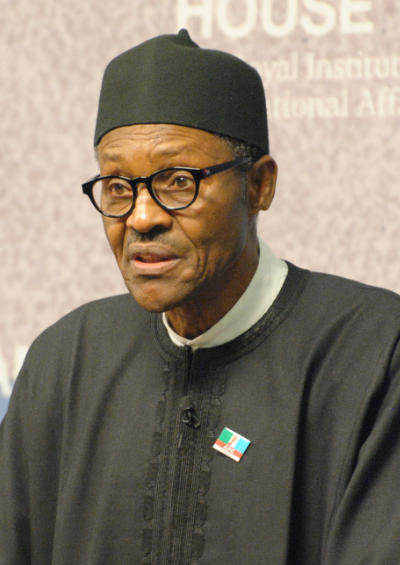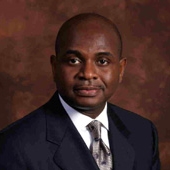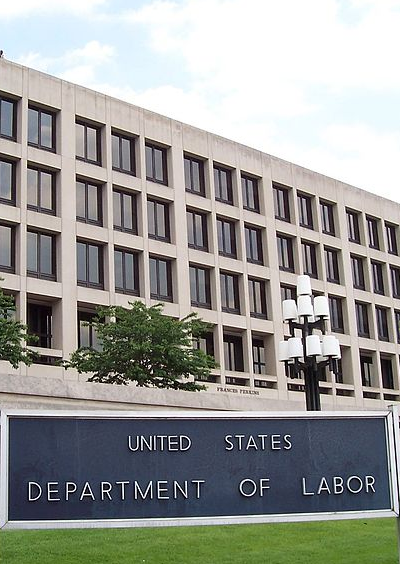
The decisive victory by General Muhammadu Buhari, the opposition presidential candidate in last weekend’s elections in Nigeria, is nothing short of revolutionary. The task for the incoming leader is to bridge the country’s widespread deficit of trust in politicians – and be seen incontrovertibly as the leader of all Nigerians.
No sitting Nigerian president and his government have ever been removed from office through the ballot box. This is a rarity in Africa as a whole. There has been only a handful of opposition electoral victories, including in Cote d’Ivoire, Kenya, Malawi, Senegal and Zambia.
Perhaps just as important is incumbent President Goodluck Jonathan’s phone call to Buhari conceding defeat before final poll results were announced. This sets the tone for a peaceful transition devoid of the violence that characterized previous elections.
A new chapter for Nigeria
The electoral aftermath opens a new chapter, signaling a level of democratic maturity in Africa’s most populous country and largest economy. It brings hope that economic activity, stalled up to now by apprehensions about the elections, can return to normal more quickly.
Nigerians have woken up to the power of their vote. This will increase pressure for better political governance and accountability.
Overall, the conduct of the election, including the use of technology that made vote-rigging difficult, and the polls’ peaceful aftermath indicate a positive outlook for Nigeria over the medium to longer term.
The historic nature of Buhari’s win does not obviate his many big challenges. Most immediately, he must confront a fiscal and monetary crisis as a result of the decline in oil prices. He has to tackle a severe electricity infrastructure shortage that markedly increases the cost of doing business, a result of universal reliance on generators.
The country needs to create jobs to bring down 23.9% unemployment. And there remains the still-present threat of terrorist attacks by Boko Haram. Many see the former military leader, who first took power in a coup in 1983, as better prepared to confront the scourge than other politicians.
Buhari’s economic policy will, like Jonathan’s, continue to be based on free-market capitalism with a large role for the private sector.
A more inclusive fiscal policy
One difference is likely to lie in a stronger driving role for government and a bottom-up approach to economic policy that will target job creation and more inclusive growth. Despite Nigeria’s average annual 7% GDP growth over the past decade, poverty remains stubbornly high at 60% of the population.
President-elect Buhari must tackle the political divide of ethnicity and religion that has created deep distrust in Nigeria’s electorate. While Buhari won overwhelmingly in the northern and southwestern regions of the country, Jonathan retained his political support among voters in the southeast and oil-rich south encompassing the Niger Delta.
Expectations are high. Buhari’s honeymoon will be brief, at most six to 12 months after taking office at the end of May. His task is not enviable. But, since he sought it so ardently, Nigerians are prepared to give him the benefit of the doubt.
Takeaways
The decisive victory by Buhari in the Nigerian presidential elections is nothing short of revolutionary.
Until now, no sitting Nigerian president has ever been removed from office through the ballot box.
Fmr. President Goodluck’s phone call conceding defeat to Buhari sets the tone for a peaceful transition in Nigeria.
The historic nature of Buhari’s win does not eliminate the many challenges he will face as Nigeria’s president.

